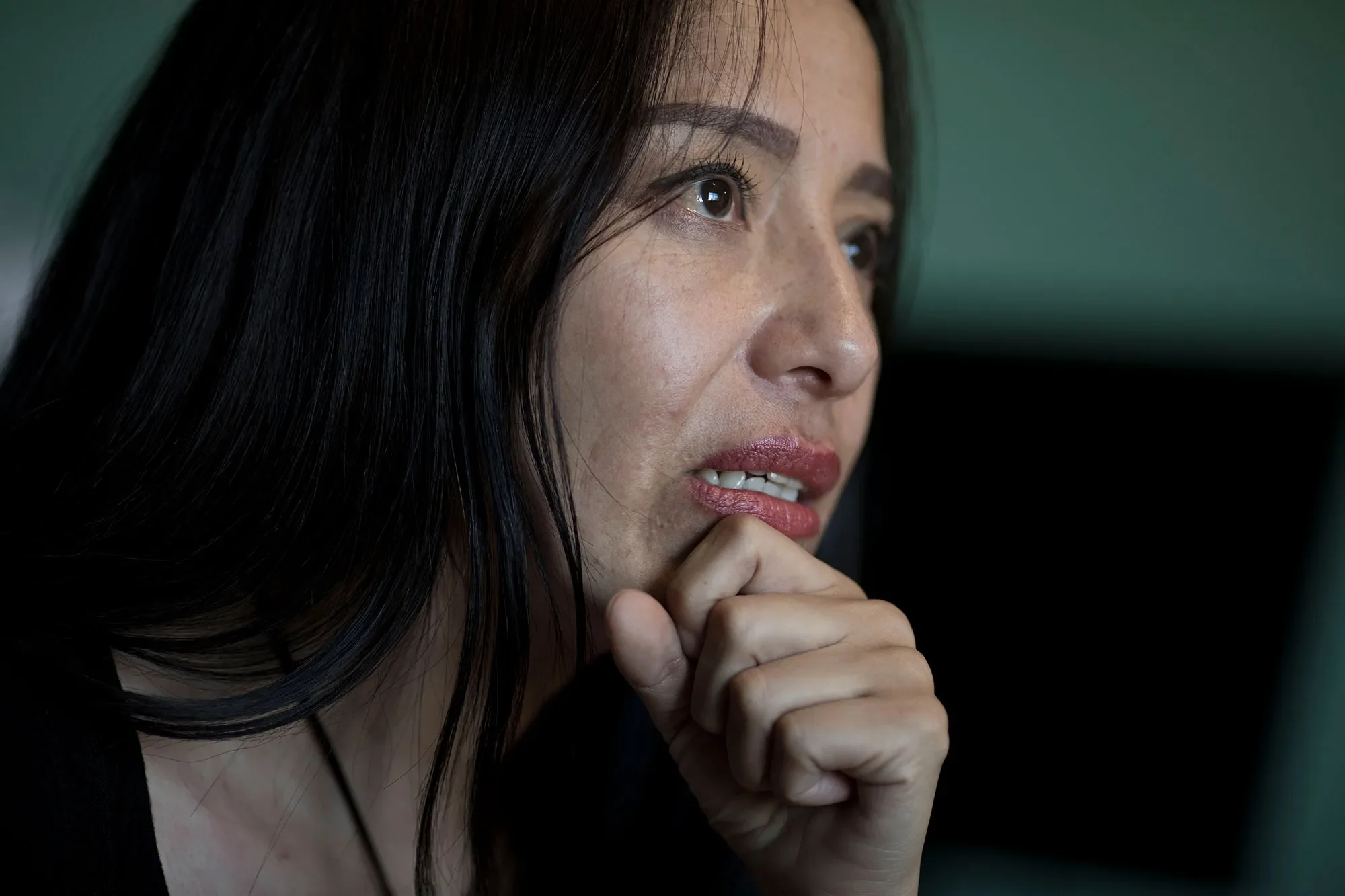Content warning: The following story includes references to sexual violence and assault.
A growing number of Venezuelan women who are fleeing the country are being trafficked during their migration. Reports have revealed trafficking rings in Colombia, Peru, and Ecuador that exploit Venezuelan women, and advocates say authorities are not adequately handling the crisis.
According to the United Nations, more than 4 million people have fled Venezuela due to the man-made humanitarian crisis there. Some of those fleeing have been coerced by traffickers, lured by promises of well-paying work and then forced into prostitution.
According to Ecuador’s Ministry of Interior, 80 girls and women were rescued in trafficking raids in 2018. A quarter of them were minors. “These victims are the tip of a very large iceberg. Most will never be in touch with authorities,” says Veronica Supliguicha, an anti-trafficking advocate and program manager at Fundación Alas de Colibrí, an CARE Ecuador partner, which rescues and rehabilitates girls 12 to 17 years of age who have experienced exploitation and trafficking.
“The gravest and most severe thing of this migrant crisis is how invisible human trafficking is, and how difficult it is to identify these cases in a clear way,” she says.
Veronica explains how Venezuela’s migrant and refugee crisis is fueling human trafficking. The interview below has been edited for clarity and length.
Can you give examples of how people are being trafficked through borders?
There is a 13-year-old girl I spoke with who fled Venezuela alone and in Colombia, she made friends with a woman who was a sex worker. This woman told the girl they could travel to Peru together. When they were at the border, she claimed to be the girl’s aunt, but something she said made the border agent realize this wasn’t true and when she was questioned about it, she quickly disappeared. It’s likely the girl was being transported to be exploited. They retained the girl at the border and sent her back to her father, who said his daughter went missing and he didn’t know she was with this woman.
Once, I was training border crossing agents to make them aware of human trafficking. An agent told me about a girl who was crossing the border but begged him not to let her in. This is likely because she was in the process of being trafficked. If agents are trained, they can detect things like this, but it’s difficult. They work long days, evenings, and weekends for the same salary they were paid before the migrant crisis, and they are truly exhausted. Sometimes they don’t realize when trafficking is happening; they just want to let people in the country. Also, the system hasn’t changed to respond to trafficking. Offices that handle trafficking cases still have the same resources and staff, even though there has been an increase in the number of [human trafficking] cases.


